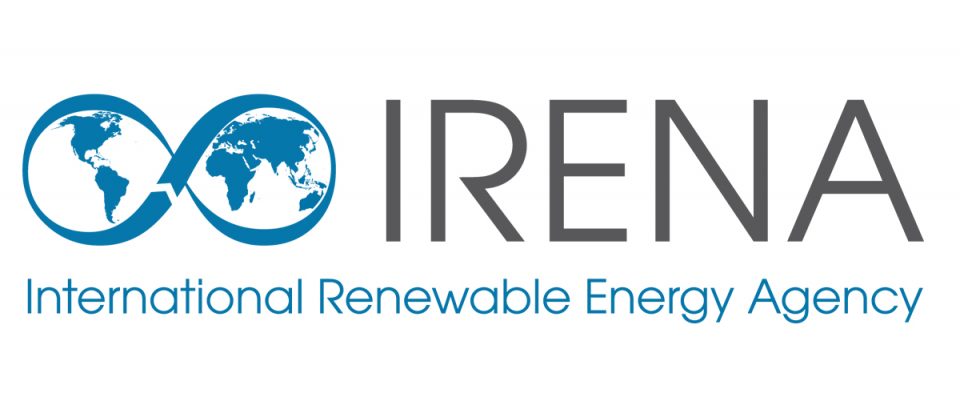Renewable energy is the industry of growth with worldwide employment put at 12.7 million last year, a jump of 700,000 new jobs in one year, according to Renewable Energy and Jobs: Annual Review 2022 .
Annual Review 2022, published by the International Renewable Energy Agency (IRENA), in collaboration with the International Labour Organisation (ILO), describes how strong domestic markets are key to anchoring a drive toward clean energy industrialisation.
The report identified domestic market size as a major factor influencing employment generation in renewables, along with labour and other costs. Solar energy was found to be the fastest-growing sector.
Last year, it provided 4.3 million jobs, more than a third of the global workforce in renewable energy.
Research shows that Nigeria has the fastest sector job growth; jobs expected to exceed 76,000 in 2023, up from 32,000 in 2019, overtaking the oil and gas sector.
According to Powering Jobs Census 2022: The Energy Access Workforce Nigeria report, launched by Power for All, the global campaign to end energy poverty, in collaboration with Clean Technology Hub Nigeria, has built a strong market position in decentralised renewable energy (DRE) and is poised to reap the benefits as it addresses energy poverty and rural unemployment. According to the report, the DRE sector in Nigeria has been growing rapidly and delivering clean and affordable energy, particularly to remote rural communities and is now also a major source of good and stable jobs, nearly matching those in the county’s oil and gas sector.
The DRE sector, which includes pico-solar appliances, solar home systems (SHS), and commercial and industrial (C&I) standalone systems, employs 50,000 people compared to 65,000 in Nigeria’s oil and gas sector.
Furthermore, the demand for DRE products is expected to create more than 76,000 new jobs by 2023. This is over twice the number of DRE jobs created in 2019 as reported in the report.
The sector is further expected to grow, following the new Nigeria Energy Transition Plan, which outlines the country’s ambitions and plans to achieve net-zero emissions by 2060, while also ending energy poverty.
IRENA is the lead intergovernmental agency for global energy transformation that supports countries in their transition to a sustainable energy future.
IRENA’s Director-General Francesco La Camera, said: “In the face of numerous challenges, renewable energy jobs remain resilient, and have been proven to be a reliable job creation engine. My advice to governments around the world is to pursue industrial policies that encourage the expansion of decent renewables jobs at home.
“Spurring a domestic value chain will not only create business opportunities and new jobs for people and local communities. It also bolsters supply chain reliability and contributes to more energy security overall.”
ILO Director-General, Guy Ryder, said; “Beyond the numbers, there is a growing focus on the quality of jobs and the conditions of work in renewable energies, to ensure decent and productive employment.The increasing share of female employment suggests that dedicated policies and training can significantly enhance the participation of women in renewable energy occupations, inclusion and ultimately, achieve a just transition for all. I encourage governments, workers’ and employers’ organisations to remain firmly committed to a sustainable energy transition, which is indispensable for the future of work.”



